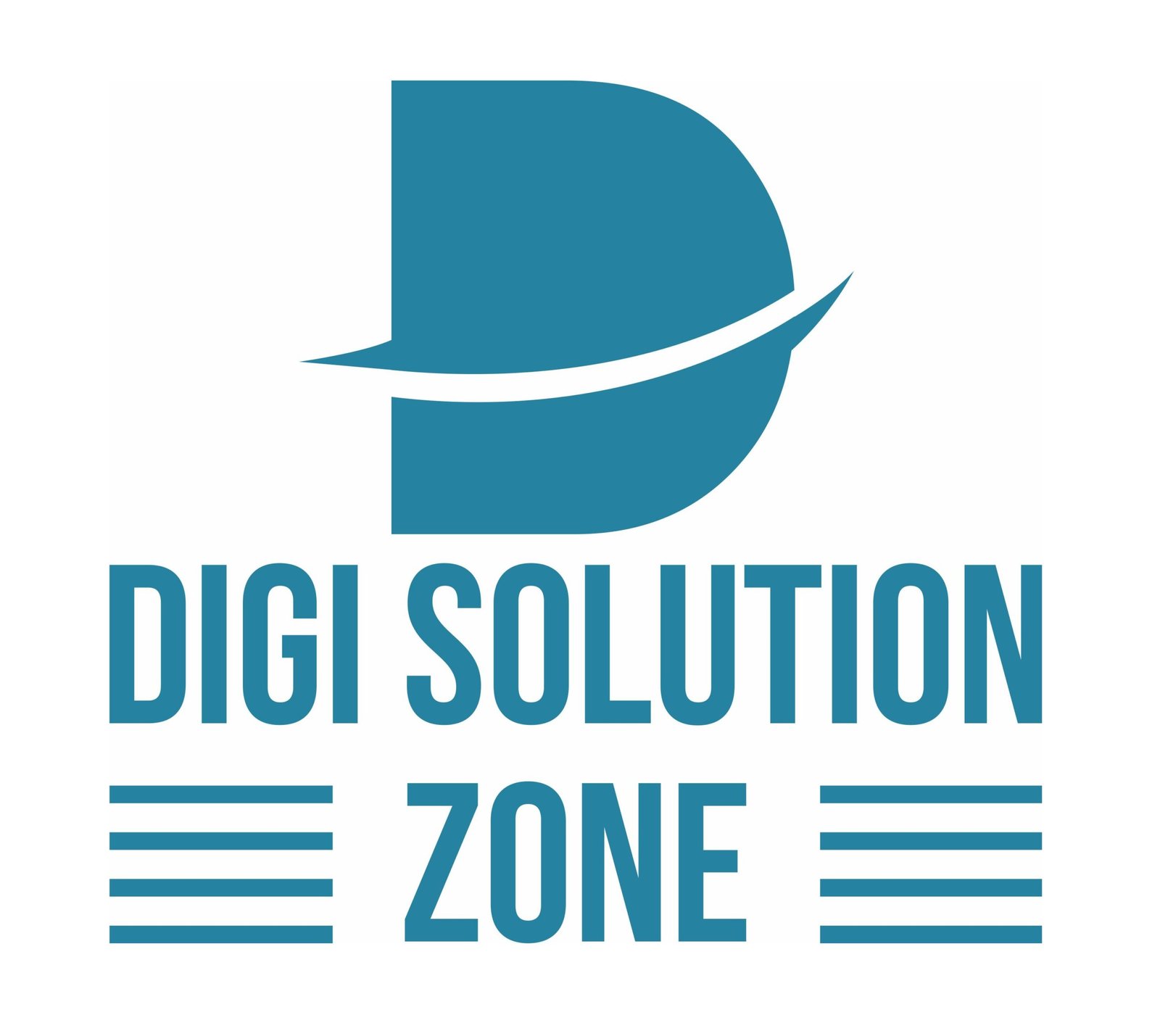T20 Exchange, Laser book, Online Cricket ID: The competitive landscape of the betting industry is dominated by several key players that have established themselves as major players in the market. These companies have built strong brand identities and a loyal customer base through their extensive range of betting options and innovative marketing strategies.
From well-known bookmakers with a long history in the industry to newer, more tech-savvy online platforms, the key players in the betting industry continue to evolve and adapt to meet the changing demands of the market. With the rise of online betting platforms and mobile apps, these companies are constantly innovating to provide a seamless and engaging experience for their customers.
Evolution of Online Betting Platforms
Online betting platforms have undergone a significant transformation over the years, particularly with the introduction of cutting-edge technologies. These advancements have revolutionized the way bettors access and engage with their favorite sports events and casino games. From simple websites to sophisticated mobile apps, online betting platforms now offer users a seamless and tailored betting experience.
One of the notable developments in online betting platforms is the integration of live streaming capabilities. This feature allows bettors to watch games in real-time and place bets as the events unfold. It not only enhances the overall betting experience but also increases user engagement and satisfaction. Additionally, the introduction of in-play betting has further added to the dynamic nature of online betting platforms, allowing users to place bets during the course of a match or event.
Impact of Technology on Betting Regulations
Technology has undeniably revolutionized the betting industry, prompting regulatory bodies to adapt their strategies to keep pace with the rapid advancements. With the rise of online betting platforms and mobile applications, regulators are faced with the challenge of monitoring and enforcing compliance in a digital landscape that knows no boundaries.
The integration of cutting-edge technologies such as artificial intelligence and blockchain has presented both opportunities and challenges for betting regulations. These innovations have made it easier for regulators to track and analyze betting activities in real time, enhancing transparency and reducing the risk of fraud. However, they have also raised concerns about data privacy and security, requiring regulators to implement robust measures to safeguard sensitive information and ensure fair play within the industry.
What are some key players in the betting industry?
Some key players in the betting industry include online betting platforms like Bet365, William Hill, and DraftKings, as well as traditional brick-and-mortar casinos and sportsbooks.
How have online betting platforms evolved over time?
Online betting platforms have evolved from simple websites to sophisticated mobile apps that offer live betting, virtual sports, and a wide range of betting options on sports, casino games, and more.
How has technology impacted betting regulations?
Technology has had a significant impact on betting regulations by enabling regulators to monitor and enforce compliance more effectively, as well as introducing new challenges such as regulating online betting across different jurisdictions.
What are some common regulations that govern the betting industry?
Common regulations that govern the betting industry include age restrictions, licensing requirements, responsible gambling measures, anti-money laundering regulations, and data protection laws.
How can players ensure they are betting with a reputable and regulated platform?
99exch, Laser247: Players can ensure they are betting with a reputable and regulated platform by checking for a valid license from a regulatory authority, reading reviews from other users, and verifying that the platform has responsible gambling measures in place.




